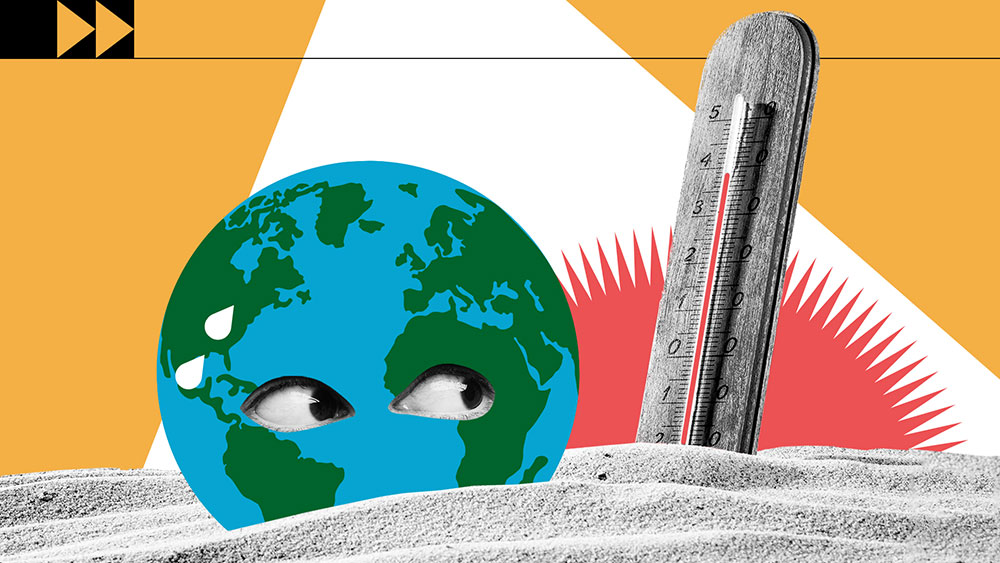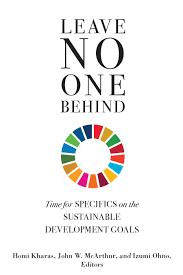
CLIMATE REGULATIONS ABOUT TO DISRUPT GLOBAL SHIPPING- NEW ZEALAND RELIES ON GLOBAL SHIPPING FOR OIL, COAL ETC.,
The International Maritime Organization (UN) established in 2019 that ships that cross oceans are collectively generating too much green house gases. Therefore the Eu and the International Maritime Organization (IOM) have decided to make the cost of shipping much more expensive, and to reduce shipping services. This has been reported to cause a major impact on global supply chains. Shipping companies were warned to start preparing for this 2 years ago as this will certainly be a global challenge as changes are to take place, which will change how shipping companies operate on many trans-oceanic and regional routes. The IOM is a UN Agency, responsible for regulating shipping right across the globe. This means significant implications as to how container lines redesign their services, hence there will be huge consequences for production location choices that underpin the global supply chains.
EU regulations were to be passed at the end of last year, but the initial phase was about to start at the beginning of this year- 2023 with added costs and complexities. Managers of supply chains have been warned about these changes back in 2021 and told to plan for them to start in 2023. New Zealand relies on Marime transport for fuel, oil, coal and other goods that are shipped to NZ. Shipping is the backbone to international trade. Obviously the UN Agency IOM have complete control of this. Shipping is the most cost effective ways to move grains, oil, coal etc., by containerized cargo ships that travel over long distance. Its difficult for oceanic shipping to eliminate CO2 as these ships need to consume large amount of energy over long distances without refueling, however the UN Agency IOM is intent in deployed Net Zero Fuels ASAP, as soon as 2030 (Within 7 years)
The IMO (UN) rules began in January 2023 this requires individual ships to measure and report on a carbon intensity index, in the form of an annual efficiency ratio (AER). The AER is a function of a ships deadweight tonnage (DWT). That is how much weight the ship can carry in cargo, fuel, crew, fresh water, passengers, supplies etc., Plus what type of fuel the ship consumes and how far it traveled in the previous year. This data has been part of the IMO (UN) mandatory annual submission since 2019 for ships over 5,000 DWT (Dead Weight Tonnage). The AER is used to grade a ship either A B C D or E. Ships receiving a Grade A, B or C will be deemed complaint for that year. Ships graded D have 3 years grace during which the shipping owner has to somehow become compliant to IOM (UN) rules. Ships graded E have one year to become compliant. The grading criteria is to become tougher year by year.
Non-compliant ship owners will have their vessels taken out of service and these ships are likely to be scrapped…A significant number of ships will be classed as non-compliant most of these will be older ships and smaller ships which are that of standard size container ships (Less than 8,000 TEU capacity). To improve the grade of ships there will be the need to switch to fuels that generate less CO2. This is very challenging because many fuels do not have the necessary energy density. Shipping companies will have to look at bio-based marine fuel and other options. But all depends how fast suppliers can scale up production for massive quantities of fuel that will be needed.
Originally it was thought the LNG would be advantageous over the near term, but LNG prices have skyrocketed, consideration has been given to some form of hydrogen fuel. But shipping owners still have concerns as they will have to look at how a ship is operated because the carbon intensity measured is tied to how much weight is moved per unit of distance. For instance, larger ships sailing routes with fewer ports will earn higher grades over that of smaller ships that call at lots of ports. Ships can slow down their speed to reduce fuel consumption, but this also means reducing the annual cargo hauling capacity of what are expensive assets and crews.
Many ships will require a technical refinement, the upgrading of engines and emissions controls, this could mean retrofitting engines so that they can run on alternative fuels. Changes may have to be made around the Hull, or upgrading of the ships propellers. Jeremy Nixon the CEO of Ocean Network Express, a global container shipping industry company estimated at a conference in January 2021 that the global container shipping industry will have to invest as least $1.5 trillion over the next 20-30 years to meet UN ION targets. Saying this is an enormous cost to shipping. The costs and implications of decarbonization for companies and their supply chains will never return to pre pandemic times. There are huge concerns as to shipping meeting IOM (UN) rules. Bulk carriers risk facing significant challenges because so many older ships are used, and it’s the older ships that may be taken out of service due to IOM (UN) rules. Ports of call maybe dropped, schedules changed, less frequent services, higher costs with the (UN) IOM favouring larger efficient ships with fewer ports of call and less frequent services with maximum capacity utilization per ship and changing shipping logistics
Back here in New Zealand there was speeches in the Beehive on the 9th April 2018. It was stated that “shipping must play its part in the global effort to halt climate change”. James Shaw, Julie Anne Genter were the speakers in the House. On the 9th April 2018 NZ released a statement in negotiations held in London as to the ION (UN) as to a greenhouse strategy during which UN Member States planned to work together on ambitious outcomes referencing the Paris Agreement on Climate Change. NZ urged the (UN) Agency of the IOM, “do not miss this opportunity to adopt an effective strategy to bring greenhouse emissions for global shipping under control”. Saying “the UN agency IOM needs to be ambitious with measurements, to implement them ASAP, and this needs to apply to all UN Member States and to all ships equally regardless of which State a ship is registered in. James Shaw said “ New Zealand joins with Pacific Island states in urging all countries to redouble their efforts to ensure that the UN Agency IMO achieves a credible and ambitious result.” (Can’t see China falling for this one)
A speaker at the Beehive said that “NZ was proud to sign the Tony de Brum Declaration at the One Planet Summit held in Paris, confirming that international shipping must play a part in climate action. The Tony De Brum Declaration stressed the responsibility to act urgently to reduce greenhouse emissions. The shipping nations signed the De Brum Declaration on a climate change commitment. The declaration is named after the late foreign Minister of the Marshall Islands. He was a strong support of the UN Agency IOM to curb emissions from shipping globally. The declaration was signed by the following countries: Belgium, Canada, Chile, Colombia, Comoros, Cyprus, Czech Republic, Denmark, Estonia, Finland, France, Germany, Greece, Guatemala, Hungary, Ireland, Italy, Latvia, Lithuania, Luxembourg, Madagascar, Malta, Marshall Islands, Mexico, Monaco, Netherlands, New Zealand, Poland, Portugal, Romania, Slovenia, Solomon Islands, Spain, Sweden and the United Kingdom.
NOTE: They knew about the risks impacts and disruption to shipping and still pulled the plug on Marsden Point.NZ is still reliant on coal that is also shipped into New Zealand. In 2021 over a million tonnes of cheap dirty filthy dusty coal was imported to NZ from Indonesia
I will add the links to this information on my website https://wakeupnz.org
Researched By Carol Sakey
LINKS:
https://www.beehive.govt.nz/release/shipping-must-play-its-part-global-effort-halt-climate-change
https://fathom.world/shipping-nations-sign-de-brum-declaration-climate-change-commitment/
https://hbr.org/2022/10/climate-regulations-are-about-to-disrupt-global-shipping
-
-
Wednesday - October 4, 2023 - Uncategorized
(38)





Leave a Comment